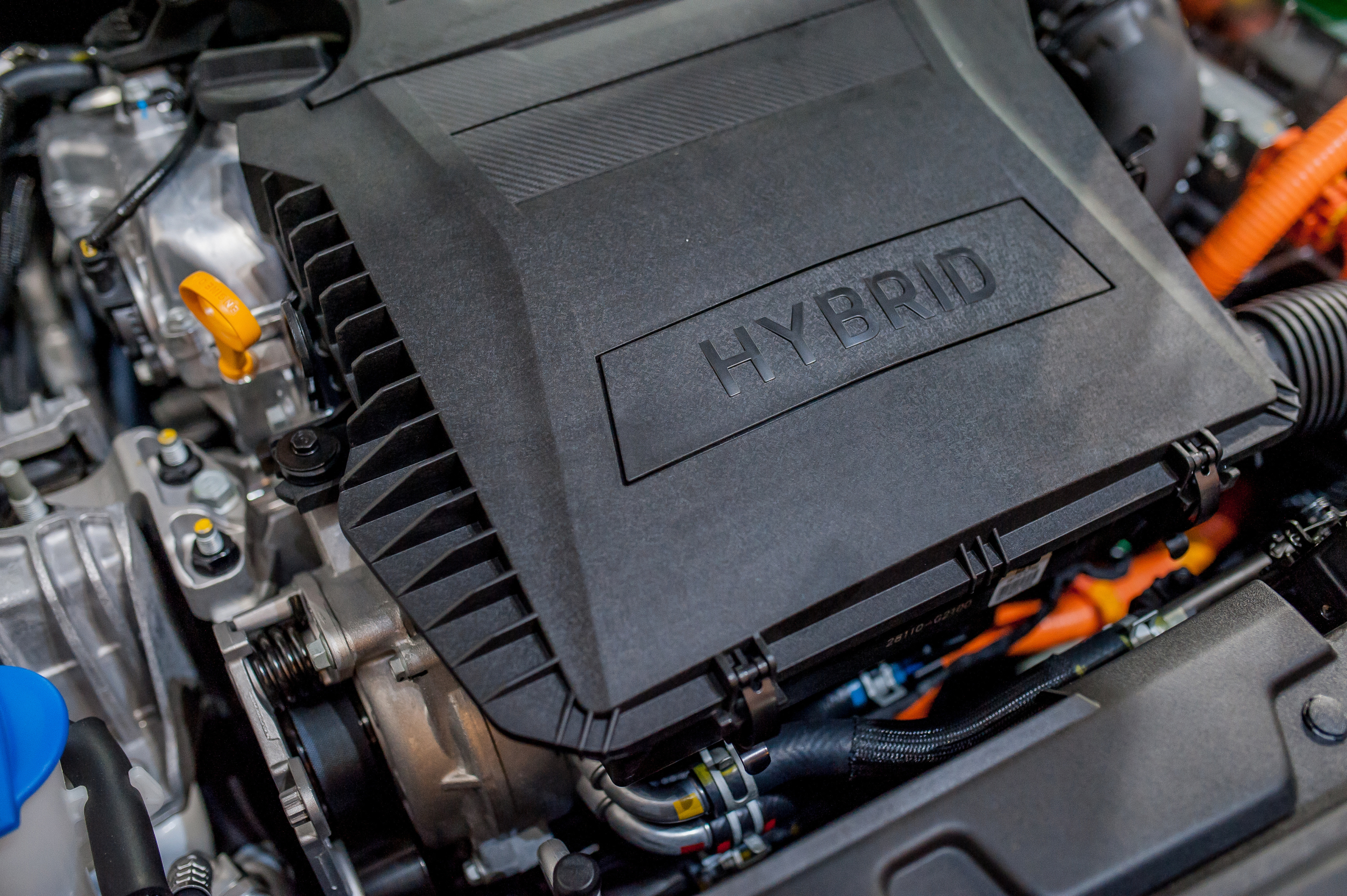
Why Don’t We See More Diesel Hybrid Engines?
Electrification is taking the world by storm, without a doubt. While 100% EV platforms offer compelling solutions in some niche cases, hybridization appears to be the “best of both worlds” solution.
So, why don’t we need more diesel hybrid engines in the U.S.? Smaller, more efficient diesel engines paired with electric motors would seem to offer a foothold to achieving the ambitious emissions and efficiency goals of the future.
This Mansfield Service Partners article attempts to answer many of the biggest questions surrounding diesel hybrid engines and their future potential—particularly in commercial applications.
Why Aren’t We Seeing More Diesel Hybrid Vehicles?
The answer to this question is a little complex. First, it must be said that the railroad industry has been using diesel (series) hybrids for many years. The diesel-electric locomotive may be one of the best examples of the diesel hybrid approach. A few things make this a challenge for trucks and boats.
Why don’t we see more diesel hybrids?
- Cost: Cost is still a big factor. Diesel engines are expensive, and high-tech emissions controls and ultra-high-pressure fuel injection systems have increased prices. Adding an electric motor and batteries significantly raises the cost of entry.
- Complexity: Hybrids are more complex, meaning more complex manufacturing and potentially more complex service and maintenance. That can make diesel hybrids a harder sell for manufacturers than conventional diesel vehicles.
- Nature of the Beast: One way hybrids save fuel and lower emissions is by using start/stop ignition and running in EV-only mode. But diesel engines are cleanest and most efficient when running steady, not cold starting.
- Torque: Electric motors produce a lot of low-end torque. This gives hybrid gas engines a break in stop-and-go and slow driving, where they’re least efficient. Diesel engines, on the other hand, have strengths similar to those of electric motors. They’re excellent at producing low-end twist and most efficient when they run slow and steady. That cancels out some of the hybrid benefits, making diesel hybrid trucks and boat engines less attractive.
Why Pairing Diesel Engines With Electric Motors Makes Sense
On the surface, the diesel hybrid engine seems like a no-brainer. Diesels have a long list of attractive qualities, making them the go-to choice when muscle, efficiency, and longevity are paramount. But, ever-tightening emissions rules and fuel economy standards are pushing engineering innovation to the brink.
How far can we take this 127-year-old technology? The electric motor may help keep the diesel engine off death row for decades. Stop/start ignition principles from gas hybrids can also be applied to diesel hybrids, and they help lower emissions and save fuel. Don’t forget that the railroad industry has used diesel-electric motors for years. Note that this is not the same thing as a regular hybrid engine; series hybrids are a bit different. We elaborate on that in the next section.
Plugging diesel engines instead of gas engines in existing hybrid designs isn’t the only (or necessarily the best) option here. It may be wiser to play to the diesel engine’s strengths while leveraging electric assistance in different ways.
Pairing diesel engines with electric motors makes sense because:
- Diesel engines are already highly efficient. Diesel-electric power plants retain all the convenience of the diesel truck or boat while using substantially less fuel and producing less CO2.
- The railroad industry has used diesel-electric power for decades, so here’s your proof of concept: The series hybrid diesel locomotive.
- The diesel engine remains unequaled at the things it does best. Smart integration with electric motors could make it the solution that carries us through to the next century.
Current Vehicles With Diesel Hybrid Powerplants
It might surprise you to hear that several manufacturers already sell diesel hybrid commercial vehicles. Here are some examples.
A Canadian company called Edison Motors sells medium-duty diesel trucks that operate as series hybrids. This is somewhat similar to the way diesel locomotives work. The electric motors send the power to the wheels 100% of the time.
The diesel engine is simply there to keep the batteries topped off, like a generator. That allows the diesel engine to operate most efficiently while letting the electric motor do what it does best.
Several major manufacturers have also ventured into the realm of diesel hybrid technology. For instance, HINO’s 195h Diesel-Electric Hybrid Medium Duty Truck is another notable example. On the marine diesel front, OXE Marine makes an amazingly efficient diesel-electric outboard boat motor. Volvo Penta and several others are building diesel-electric inboard motors as well, and we predict they will be a hit.
Why The Diesel Engine Isn’t Going Anywhere Soon
Compared to the Otto Cycle (spark ignition) engine, the diesel engine is deceptively simple. It needs no ignition system. In addition to renewable diesel and biodiesel, it can run on astonishingly diverse fuel sources, including butanol, LPG, LNG, producer gas, and dimethyl ether (DME).
Diesel engines are also inherently thrifty, running far leaner fuel-to-air ratios than any spark ignition engine. Just this year (2024), Weichai Power unveiled a diesel engine that achieves a remarkable 53.09% thermal efficiency.
For all these reasons and their legendary durability, diesel engines are the darling of heavy industry and commercial use. After all, what better way to make a machine last than to use fuel that can also act as a lubricant?
The diesel engine is a proven workhorse that has powered America’s economy from the beginning of the 20th century to the present day. Rest assured that the diesel engine will be with us for some time. It’s an invaluable asset that isn’t even close to being replaced yet.
Mansfield Service Partners for Diesel Fuel Supply and More
Mansfield Service Partners has been the diesel fuel supplier American businesses trust since 1932. Whether you need quality diesel fuel, DEF, or lubricants—-we’re the folks to call first.
Contact Mansfield Service Partners for your business today. Reach us at (800) 683-1331 or email any inquiries to info@mansfield.energy

